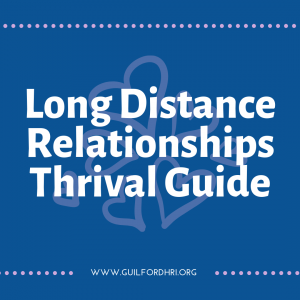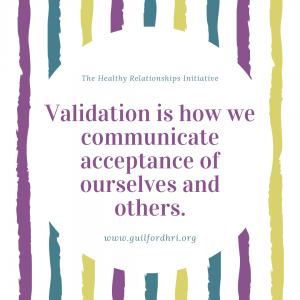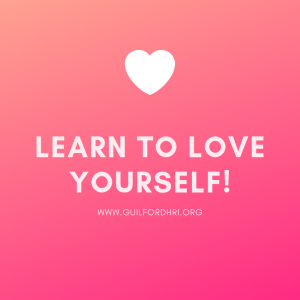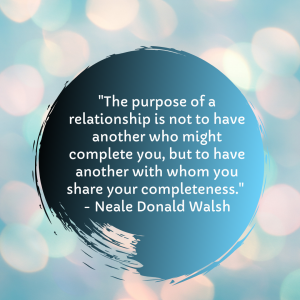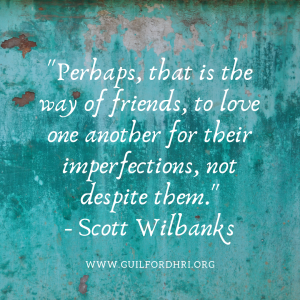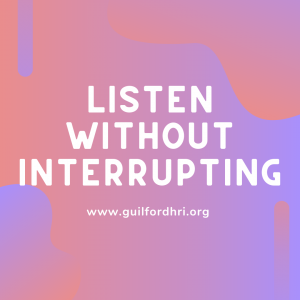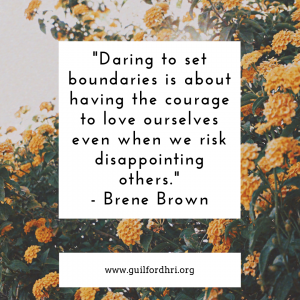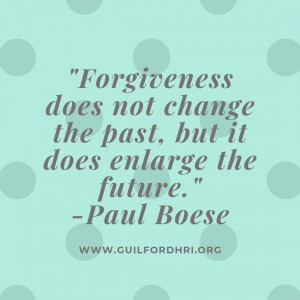
While long distance can feel daunting, it is important to remember that your perspective and attitude can greatly impact how you and your partner approach and navigate this new phase of your relationship. It is normal and okay to feel scared and worried about what long distance will look like and mean for your relationship. Recognize and honor these feelings but don’t let them define how you handle long distance.
We encourage you to shift your perspective and view long distance as an opportunity to strengthen your relationship and grow closer with your partner. When you look at long distance as something that can lead to a healthier and happier relationship, you will feel more motivated to do the work necessary for your relationship to thrive. Maintaining a more positive outlook will also help you overcome and grow stronger through the challenges you face.
Check out our video about changing your perspective and putting a positive spin on long distance!

